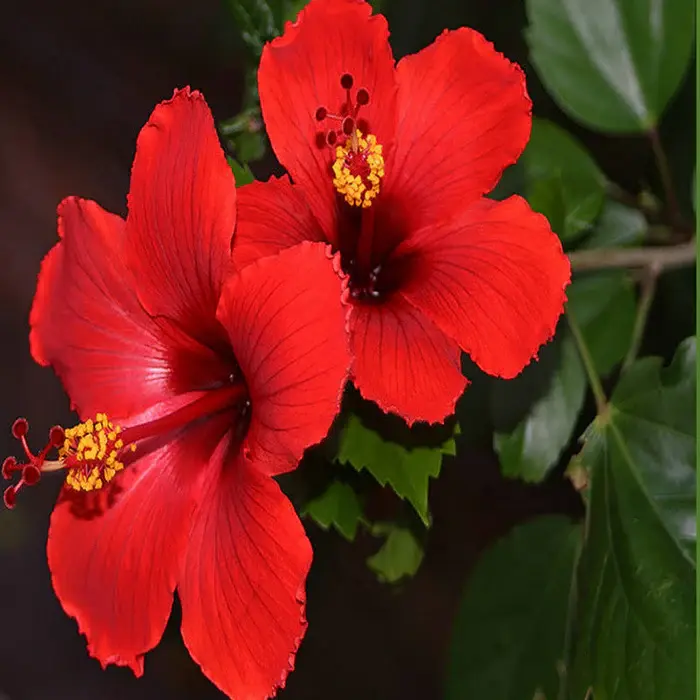The Cultural Significance and Representation of Afro-Textured Hair:
- Umthi
- Sep 14, 2023
- 3 min read
Embracing Natural Beauty and Challenging Beauty Standards
Introduction:
Afro-textured hair, also known as natural hair or kinky hair, holds immense cultural significance and plays a vital role in identity formation within various communities. Throughout history, afro hair has been subject to societal beauty standards that often favour Eurocentric ideals, leading to discrimination and marginalization. However, in recent years, there has been a powerful movement towards embracing natural hair as a form of self-expression, challenging these standards, and promoting inclusivity and diversity in the beauty industry. In this blog post, we will delve into the historical context of afro hair, its role in identity formation, and its significance within different cultures and communities.
I. Historical Context of Afro Hair:
1. Ancient Origins:
Afro-textured hair has a rich history that dates back thousands of years. Ancient African civilizations celebrated and adorned their hair as a symbol of cultural identity and spirituality. Hairstyles were often intricate and carried deep cultural meanings.
2. Transatlantic Slave Trade:
During the transatlantic slave trade, enslaved Africans were forcibly stripped of their cultural practices, including their hairstyles. European colonizers imposed Eurocentric beauty standards on enslaved individuals, deeming afro-textured hair as "uncivilized" or "unprofessional."
3. Black Power Movement:
In the 1960s and 1970s, the Black Power Movement emerged as a response to racial inequality. Afro hairstyles became a powerful symbol of black pride, reclaiming cultural heritage and challenging societal norms.
II. Role in Identity Formation:
1. Self-Acceptance and Empowerment:
Embracing natural hair allows individuals to connect with their roots, fostering self-acceptance and empowerment. Natural hair becomes a statement of embracing one's authentic self and rejecting societal pressures.
2. Community and Solidarity:
Afro-textured hair serves as a unifying factor within communities, creating a sense of solidarity and shared experiences. Natural hair journeys often involve support networks, online communities, and events that celebrate and uplift individuals with afro hair.
III. Significance within Different Cultures and Communities:
1. African Diaspora:
Afro-textured hair holds immense significance within the African diaspora. It is a symbol of resilience, cultural heritage, and connection to ancestral roots. Various hairstyles, such as braids, locs, and twists, have been passed down through generations, carrying cultural traditions.
2. Black Women:
For black women, afro-textured hair has been a site of both struggle and celebration. It has been used as a tool for self-expression, creativity, and resistance against societal beauty standards that often prioritize straight or Eurocentric hairstyles.
3. LGBTQ+ Community:
Within the LGBTQ+ community, afro-textured hair plays a significant role in self-expression and identity exploration. It allows individuals to challenge gender norms and embrace their unique identities.
IV. Embracing Natural Hair as Self-Expression:
1. Breaking Beauty Standards:
The natural hair movement challenges the narrow beauty standards perpetuated by the media and beauty industry. By embracing natural hair, individuals redefine beauty on their own terms.
2. Promoting Inclusivity and Diversity:
The push for inclusivity in the beauty industry has led to increased representation of afro-textured hair in advertisements, fashion shows, and media campaigns. This shift promotes diversity and encourages individuals to embrace their natural beauty.
V. Challenging Societal Beauty Standards:
1. Workplace Discrimination:
Despite progress, discrimination against natural hair persists in some workplaces. Policies prohibiting certain hairstyles disproportionately affect individuals with afro-textured hair, reinforcing systemic racism.
2. Legal Protections:
To combat discrimination based on hairstyle, several jurisdictions have implemented laws protecting individuals' rights to wear natural hairstyles without fear of reprisal. These legal protections aim to challenge societal beauty standards and promote inclusivity.
VI. Promoting Inclusivity and Diversity in the Beauty Industry:
1. Representation Matters:
The beauty industry has a responsibility to represent and celebrate diverse hair textures. Brands that prioritize inclusivity and diversity in their product offerings and marketing campaigns contribute to a more inclusive society.
2. Education and Awareness:
Promoting education and awareness about afro-textured hair is crucial in dismantling stereotypes and biases. By providing resources, workshops, and training, individuals can gain a deeper understanding of the cultural significance of afro hair.
Conclusion:
Afro-textured hair holds immense cultural significance, serving as a powerful symbol of identity, self-expression, and resistance against societal beauty standards. Embracing natural hair allows individuals to reclaim their heritage, challenge discrimination, and promote inclusivity within the beauty industry. By celebrating the diversity of afro-textured hair, we can foster a more inclusive society that embraces natural beauty in all its forms.







Comments